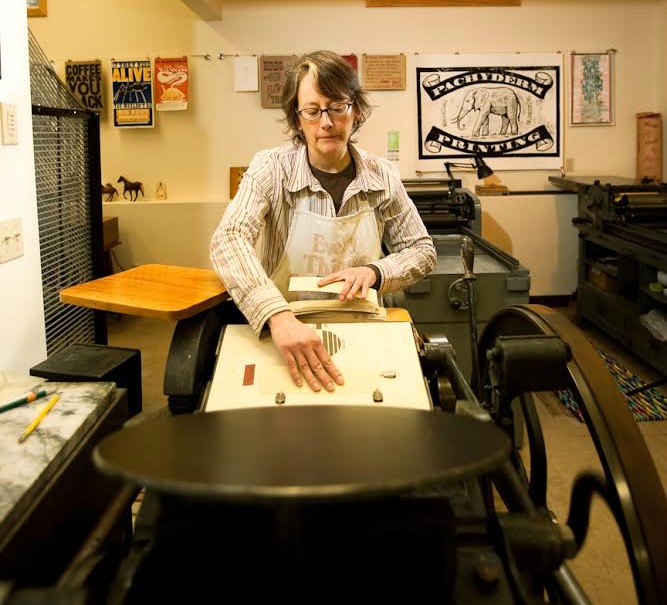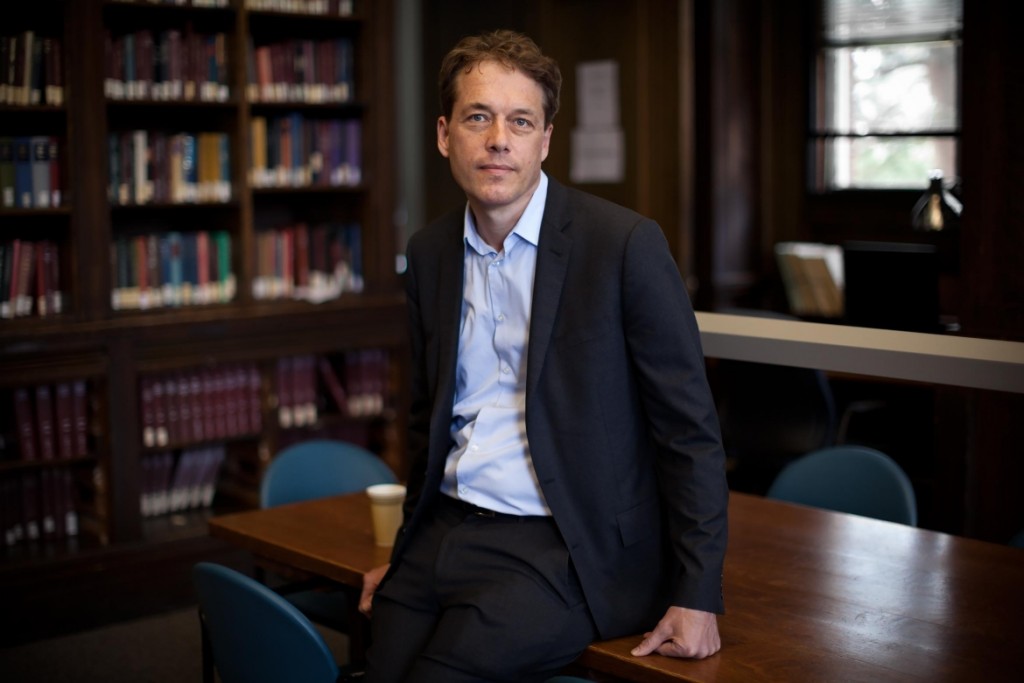Page 119 • (1,986 results in 0.022 seconds)
-
order to present a more robust illustration of learning, assessment should reflect the levels of knowledge, abilities and educational experiences of students and their learning conditions, as well as demonstrate clear respect for the disciplinary distinctions present on a Liberal Arts Campus.2. Assessment is goal oriented.University mission, disciplinary specificities, course design and students’ professional and personal goals all contribute towards educational goals and outcomes. Having clear
-
LeeVice President for University Relations Karen McConnellAssociate Vice President and Chief Institutional Effectiveness Officer Joanna Royce-DavisVice President for Student Life; Chair, PLU Staff Council Rick BarotEnglish, Faculty Secretary James BrownMusic, Faculty Representative to the Board of Regents Neal YakelisChemistry, Chair of the Faculty Amy YoungCommunication, Media, & Design Arts, Vice Chair of the Faculty Kenzie KnappASPLU President, Student Andre Jones IIASPLU Vice President, Student
-
Preferred Qualifications: Working toward degree in chemical engineering, chemistry, or related technical degree – Experience working in a laboratory setting – Experience/coursework in chemistry, catalysis, surfactant/colloid science and/or reactor design – Familiarity with analytical techniques such as GC-FID, chemical catalysis, and/or organic chemistry – Detail-oriented scientist with the ability to take on the challenges of R&D For more information and to apply visit: https
-
, travel awards for students with financial need, on-campus housing provided free-of-charge Bridging the Gap: Innovative curricular design for increasing success in undergraduate chemistry General chemistry is a required course for most STEM majors. As such, it is sometimes referred to as a “gateway course”; success in general chemistry is required for students to proceed in their major. Dr. Buckley is passionate about student success and has created a novel preparatory course for students who do not
-

a phototypesetting machine. In 1989, she learned to set metal type and has been a letterpress printer ever since. Spring has a Master’s degree in fine arts from Columbia College in Chicago. She began teaching at PLU in 2004 and has taught Art of the Book as well as graphic-design classes that specialize in typography. “There’s no better way to understand typography than hand-setting and print type,” Spring said. “Everyone, regardless of their career path, learns some critical life skills: time
-
-funded project developed by Dr. Catherine Orr at Beloit College, and the resources from this project are used with permission. These efforts are part of an initiative to institutionalize on-going faculty development opportunities, create a rich and sustainable community of practice, and design activities that better reflect evidence-based practices and are more easily assessable. Inclusive Curriculum Workshop Alumni2022 Cohort Adela Ramos, Department of English, and Environmental Studies Program
-

curriculum, the lecture is designed to encourage the study of business organizations, entrepreneurs, workers, products, and consumers, as well as the economic forces that have shaped contemporary culture and society. For more information, contact Benson Family Chair Michael Halvorson (halvormj@plu.edu). Read Previous What Game of Thrones Teaches Us About Innovation Read Next Life Under Drones Symposium LATEST POSTS Heven Ambachew ’24 combines her passions and experiences to design major in innovation
-
remove teeth, and fit, design, and install dental appliances like implants or dentures. Providing dental care also involves taking x-rays, applying anesthetics, and writing prescriptions. Dentists may practice general dentistry or choose a specialty like oral surgery, orthodontics, pediatric dentistry, or public health. There are a number of great reasons to become a dentist. Here are 10 of them: Service to Others: Help people maintain and improve their oral health, quality of life and appearance
-
remove teeth, and fit, design, and install dental appliances like implants or dentures. Providing dental care also involves taking x-rays, applying anesthetics, and writing prescriptions. Dentists may practice general dentistry or choose a specialty like oral surgery, orthodontics, pediatric dentistry, or public health. There are a number of great reasons to become a dentist. Here are 10 of them: Service to Others: Help people maintain and improve their oral health, quality of life and appearance
-
conceptualization and presentation. Sign up for 1-6 credits by obtaining a registration override from the instructor of the course and completing your registration via Banner Self-Service. Prerequisites: Sophomore standing plus one course in psychology and consent of the instructor. 496 Research Practicum Research experience under the direct supervision of a faculty member, students may design and/or conduct research in a designated area of psychology. This may be repeated for up to 8 credits. Students work
Do you have any feedback for us? If so, feel free to use our Feedback Form.


